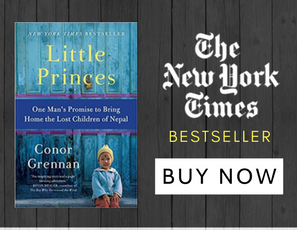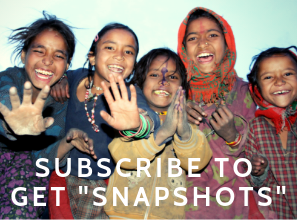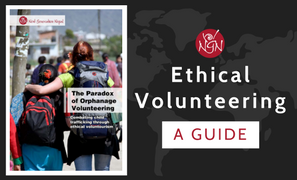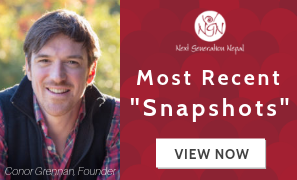We are all guilty of assuming that a certain community needs a certain kind of help. We look at homeless people and assume that we need to build them homes, when all they want might be mental health support or a stable job. So, what is the no-assumptions approach you ask?
This is the approach where a volunteer first tries to learn from a community before trying to ‘help’ them. Remember, you can’t solve problems that do not exist. A no-assumptions volunteer can start with basic research of issues in their local communities, jot down observations and analyze to find out what kind of help the community needs. If hunger is a problem, would a food bank solve the need? Is sanitation a problem? Bear in mind, there might be a need for multiple things, but it is important to understand which one to prioritize. It is of utmost importance to adopt the no-assumption approach if you want to truly make change and create positive impact.
Current Issues with Volunteering
Everyone agrees that volunteering is a noble cause and the contribution of volunteers to society is immeasurably valuable. We all have come across news stories of elite ‘voluntourists’ helping build a school in downtrodden areas, generally in Africa and Asia. The complex issue of unethical volunteering recently resurfaced again in the media when qualified Ugandan social-workers Olivia Alaso and Kelsey Nielsen formed the ‘No White Saviours’ social media campaign against unskilled and entitled volunteers working in developing communities. Their aim was not to discourage partnerships or aid, but rather to liberate the development industry in favor of what is right for the community, not what is deemed right by external stakeholders.
This misplaced intention and improper use of volunteers is one of the biggest challenges faced by organizations today. Often, we see that volunteers address a problem that never existed in the first place, and spend their energy on issues and people that do not require their help. That is, they base their volunteering on their assumptions.
A Possible Way Forward
The primary reason for these problems is that volunteers and volunteer recruiting organizations are guilty of not asking the local community what they need, or not knowing the issue deeply as local organisations who have been actively working in the area. For example, my country, India, has around 3.2 million registered non-government organisations (NGOs). According to the Central Statistical Organisation there are around 4 NGOs for every 1,000 people in urban areas and 2.3 NGOs for every 1,000 rural population. We believe there needs to be a co-creation model, identifying the areas in which non-profit organisations need help and matching them with skilled volunteers to create sustainable impact.
How to Create Sustainable Impact?
Start by identifying areas that you are passionate about. What is a cause that you feel very strongly about? Try reading published articles in the area, interviewing the local community or involving young people. It is important to meet the people you want to help, which you can even do through virtual field visits online.
Secondly, narrow down a few organisations that work on the issue you have identified and the place you are looking to volunteer. Understand their programs by reading their annual reports which should be available on their websites.
Next, you want to ensure that your skill set matches the requirement of the problem you’re setting out to solve. If you are not feeling confident, undergo a self-paced online course to deepen your understanding or find an internship where you can learn more experientially.
Before you decide to travel for volunteering, you need to measure the level of impact that your role would create. You can start by answering questions such as: How will my actions help this community? How will the money I raise help this cause? Or: How are my actions having a direct impact on people’s lives? For example: If you raise $1000, you need to understand how that $1000 is going to be spent and measure the actual impact that it is going to have on the cause you raised the funds for. If, for example, more than the money you have raised will be spent on things like your flight or accommodation, then you can question how efficiently you are using your resources, and maybe make another plan.
We at TribesForGOOD aim to only address those issues that need to be addressed. We conduct intense research and engage with the local community to identify issues. Then we set out to solve them by co-creating a resolute plan with our partner non-profits. We are looking at models of longer-term and sustainable engagement of volunteers. We also give tools to local volunteers to improve their own communities or even help communities internationally.
We care about creating an impact, and believe that starting with “no assumptions” is the sustainable way to do it!
Mandeep Kaur is the founder of TribesforGOOD, a new-age platform that helps you discover; learn and contribute to issues that you care about while bridging the talent gap for social enterprises.






